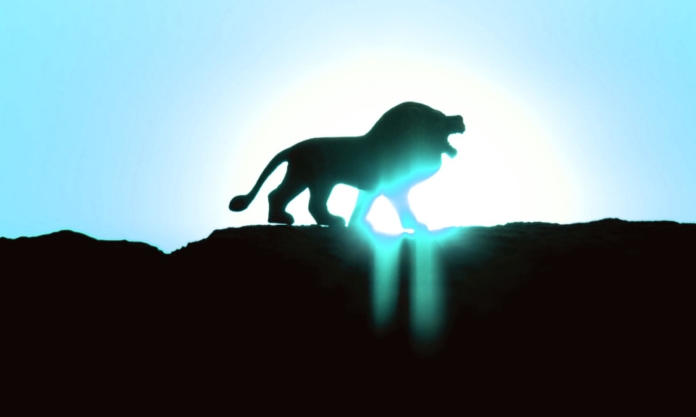Saying that stereotypes are negative is a stereotype in itself.
We often forget is that some of the simplest things we do, without a care, are based on stereotypes. Obviously, everyone’s different, so we react in different ways, but for the majority of us, when we see a lion right next to us… Well, I would run. It’s a stereotype that saves lives.
Consider this, in the United States alone about 47,000 people require medical attention for being attacked by wild animals and about eight people don’t survive their encounters. That’s in the U.S. alone. Given this, it is a natural instinct for most people to run from wild animals if they can, and be frightened of them. They are predators and while they may or may not have a taste of human flesh, there’s a voice in the back of our minds screaming at us to run.
Unless we’re in a zoo, or surrounded by experts. But this stereotype, stuck in the back of our minds, tells our brains, “That’s dangerous”. It keeps us alive!
I believe that boiling water on my skin will hurt. It will hurt a lot. Or that if a person is holding a bloody knife in their hands… Well I don’t want to stick around. Now, to be honest, they could just be a butcher or have another perfectly reasonable excuse…
But I love watching crime shows, particularly ones in which someone’s holding a bloody knife.
Imagine a world without stereotypes. It sounds great. So much racial or gender discrimination is fuelled by stereotypes. Imagine if no one was hindered because of how they were born but instead by their actions and choices.
But if we removed every stereotype it would also make life harder. We use stereotypes on a day to day basis to make quick judgements when we don’t have the time to perform a detailed analysis.
In the mall when we’re looking for something but we can’t find it, we ask for help. Generally speaking, we use the stereotypes we have for what a person working in that shop would look like; age, clothes, etc., and ask them for help. This is a stereotype.
Sometimes we make a mistakes, but regardless, we are using our in-built stereotypes to identify someone. In a hospital, we use stereotypes to identify who’s who; a doctor, nurse or another patient. That’s not a bad thing. Without it, we would have to ask everyone who they are, wasting their time and ours.
Away from hospitals, crime shows or the animal kingdom, the Chinese have been perhaps cursed by some of the greatest stereotyping of all. According to Wang Yuhua writing in The Washington Post, a survey in the U.S. found that many people stereotype Chinese as competent but cold. This often causes people who believe in these stereotypes to feel envy, but also a resentful admiration. Such can often lead to acts of violence; they are what has led to an unfortunate increase in hate crimes against Asians.
Violence, stress and pressure are the results of the stereotype that Chinese people or Asians in general are smart. Chinese kids must live out what should be some of their happiest years under that expectation for them to be geniuses and nothing less.
Perhaps it is time for us to reconsider our ideas on stereotypes. We can decide for ourselves which stereotypes are good, bad or somewhere else along a scale. How should we use them to navigate our life path in the best way possible?









